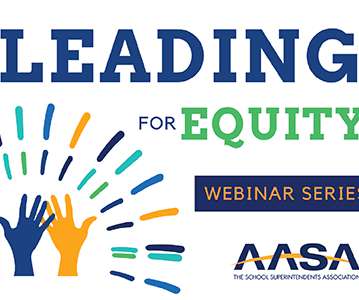Arkansas’ LISA Academy Renews Partnership with Global Edtech Leader Supporting Student Success
eSchool News
AUGUST 10, 2023
Established in 2004, all 11 schools across the state are accredited by the Arkansas Department of Elementary and Secondary Education. These resources, sourced from trusted partners, are aligned to state and national standards and help educators bring the outside world into teaching and learning every day.















Let's personalize your content